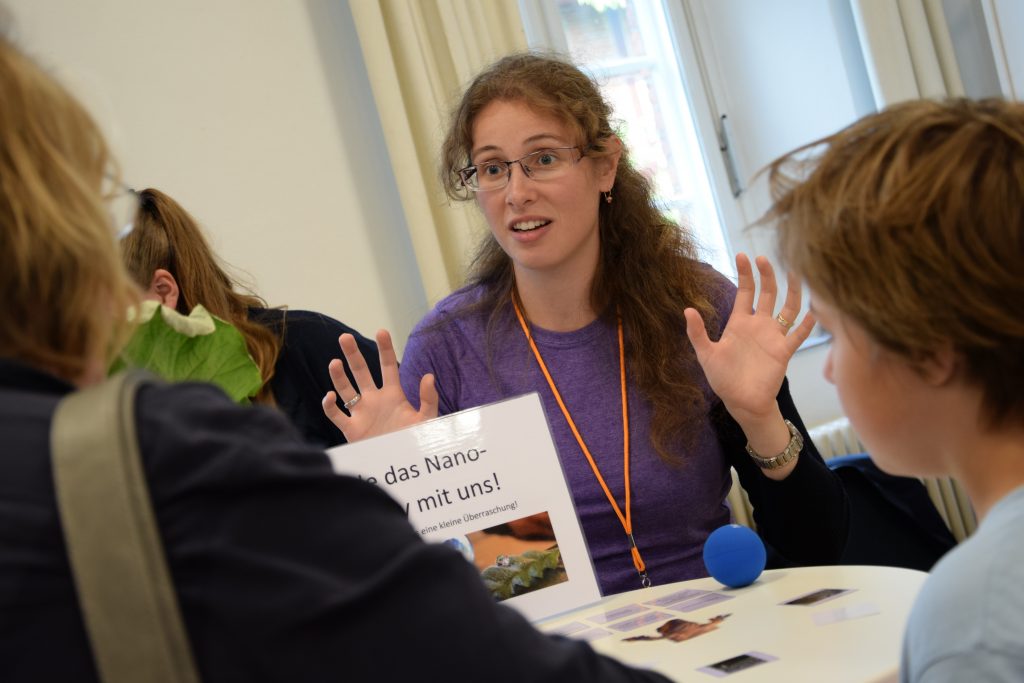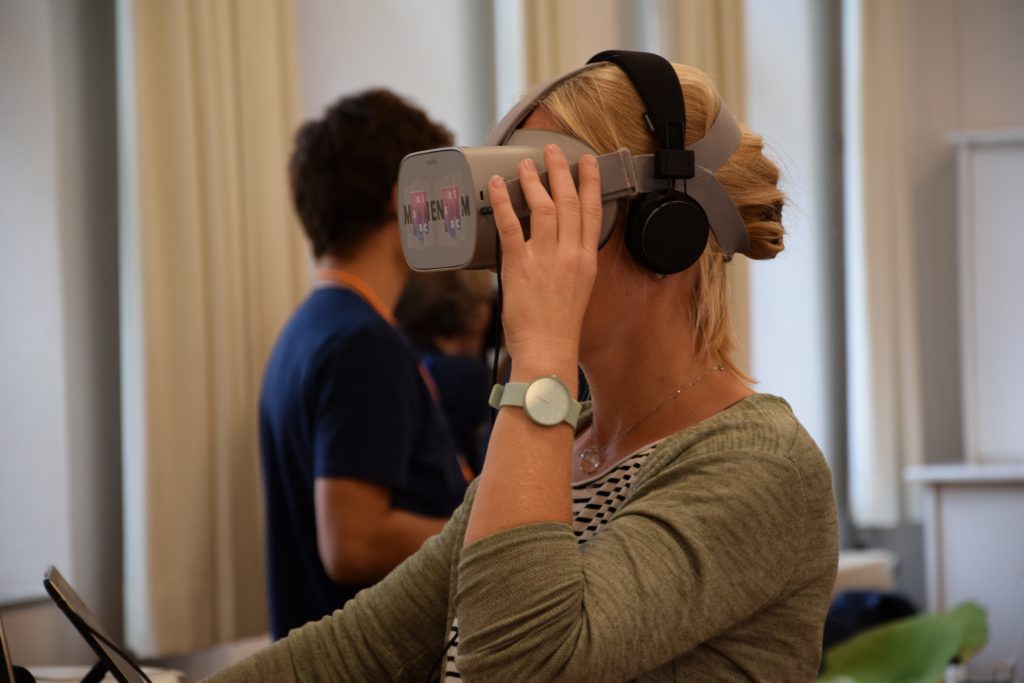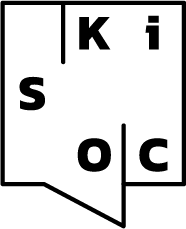KiSOC Research Projects
The network’s central topics are investigated by scientists in individual research projects. One focus is on different doctoral projects.
Pulse Projects
From 2016 to 2020, the KiSOC was funded as a Leibniz ScienceCampus by the Leibniz Association, Kiel University (CAU), the Leibniz Institute for Science and Mathematics Education (IPN) and the Ministry of Education, Science and Culture SH. In this period, the pulse projects of the KiSOC doctoral students and the junior research group were created, on which the network is built today.


Research Projects with Focus on Outreach Media
These projects focus on comparative studies of the design and impact in different outreach media. The studies also examine their interplay depending on factors such as prior knowledge and attitudes on the part of the addressees or design factors on the part of the media. The perceptual processes are recorded with regard to emotional, affective and cognitive effects. This is done in observational and think-aloud studies, by means of surveys and physiological measures.
The projects analyze classical media such as texts or hands-on experiments as well as multimedia digital media such as videos, virtual and augmented realities or immersive media. The designs are (quasi-)experimental and compare or vary individual factors such as text genres, virtual media, or representations in exhibits.
- Texts as outreach materials
- Effect of immersive media using the example of nanotechnology
- The role of mathematics in scientific exhibitions
- Experiment and simulation – interplay of scientific working methods
- Knowledge transfer in archaeology. A study on the mediation of current research content with multimedia learning environments
Research Projects with Focus on Interactive and Participatory Formats
These projects do not look at an isolated outreach medium, but at the effects of more complex designs such as exhibitions or offerings in the student laboratory. The focus of the studies is the investigation of preconditions and processes on the part of the addressees for a realization and optimization of the intended goals through the overall concept and its design principles.
Design parameters are integrated into this system of evaluation research, which allow effects to be achieved in a more targeted manner on the basis of the respective state of research. This includes, for example, the inclusion of reflection tasks or prompts. The studies are conducted in the field and thus take into account the ecological validity of the findings.
- Tracking Resistance – Epistemic Beliefs in Out-of-School Learning
- Effectiveness of school-based pre- and post-visits to student laboratories in promoting career orientation.
- Promotion of “Energy Literacy” through an interactive exhibition
- Communication of agrobiodiversity through Citizen Science
- Responsible Research and Innovation – advancing ideas about medical research today
Research Projects with Focus on Communicators
These research activities are projects of the junior research group and some of the associated projects. Unlike the doctoral projects, which primarily belong to the first two areas, this work is devoted to the study as well as the promotion of knowledge, attitudes and skills of communicators. The shaping of communication processes by different players is also part of the investigations in this area.
- Influence of individual and contextual characteristics of researchers on science communication.
- Transmission of affect in instructional settings

